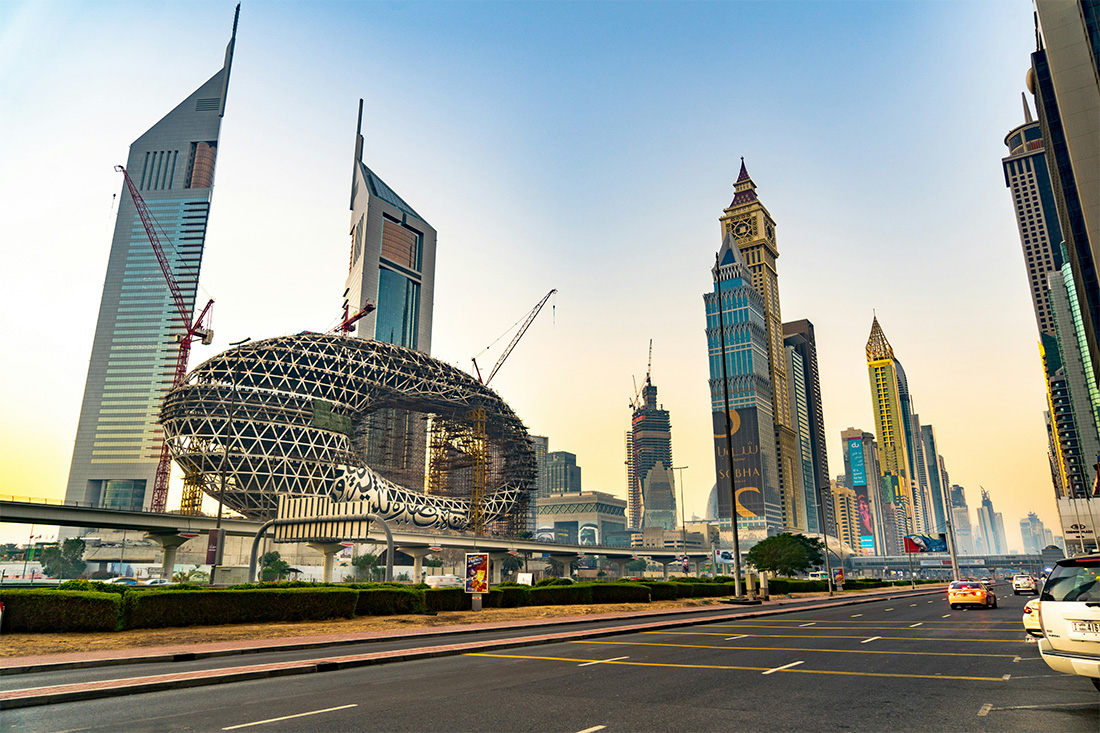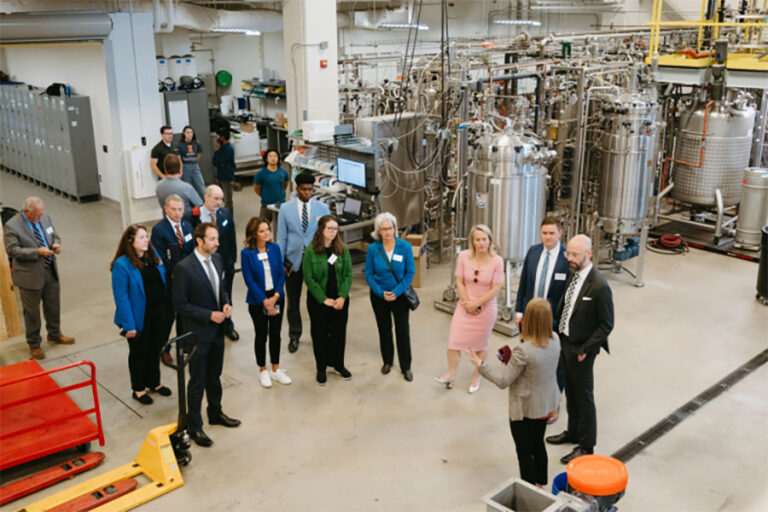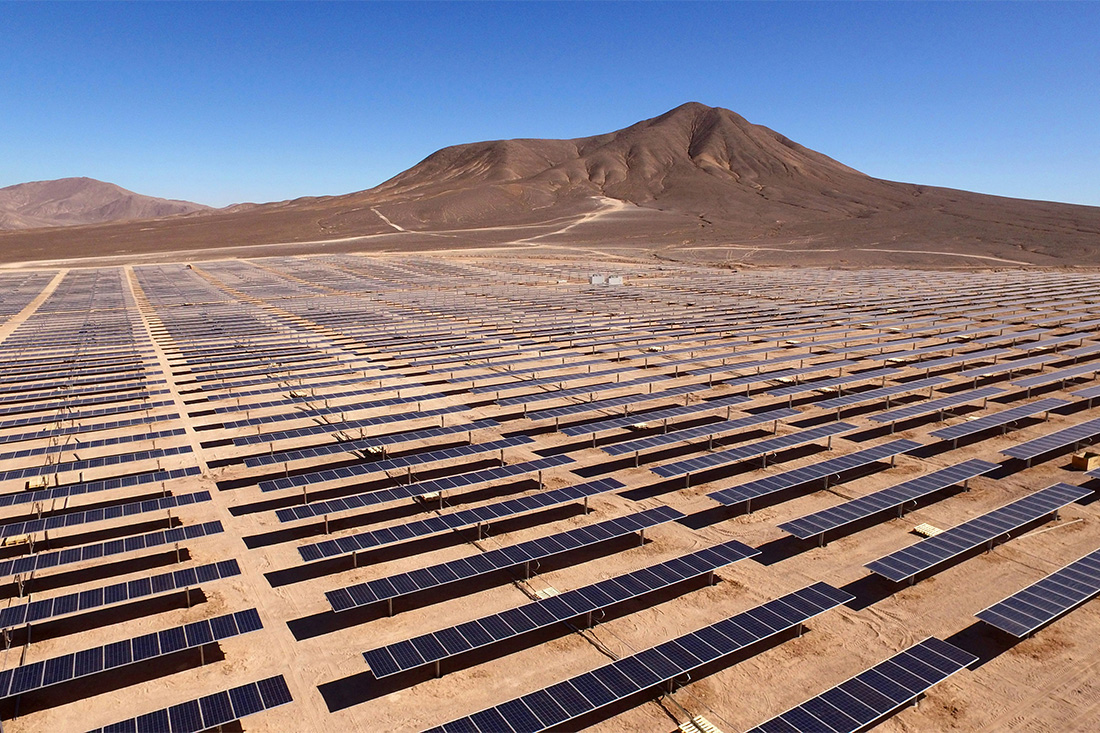
Dubai’s skyline, once symbolic of its oil wealth and architectural prowess, is now fast becoming a beacon of sustainability and innovation. Spearheading this transformation is the Dubai Supreme Council of Energy, an entity tasked with ensuring the city’s long-term energy security while advancing its ambitious clean energy goals.
Leading the charge
Among the leaders in this effort is Faisal Ali Rashid, Senior Director of Demand Side Management (DSM) at the council, who brings a wealth of experience from his industrial background in oil and gas as well as in energy efficiency and renewable energy development to the forefront of the UAE’s energy transition.
“Optimism is crucial,” says Rashid, reflecting on Dubai’s rapid progress in just over a decade. Solar energy, absent from the mix in 2010, now accounts for 15% of the city’s energy, delivering around 2,600 megawatts. “By 2030, our aim is for solar to make up 25% of our energy,” he adds, a target that supports Dubai’s 2050 net-zero pledge and aligns with the UAE’s vision for a sustainable future.
Beyond solar, Dubai’s efforts are diversified across numerous clean energy initiatives, including electric vehicles (EVs), recycled water usage for district cooling operations, and pioneering reverse osmosis (RO) technology for water desalination. This RO technology now provides 15% of Dubai’s potable water and is considered to have negligible emissions, demonstrating the city’s commitment to reducing its carbon footprint through cutting-edge technologies.
Rashid’s role goes beyond managing energy demand. He also chairs the Advancing Net Zero Volunteering Team, a platform to accelerate the decarbonization of cities in the UAE. This team is actively involved in engaging young leaders and fostering partnerships to drive urban sustainability. “Collaboration is key,” says Rashid. “Our volunteers work with government agencies, private entities, businesses, academic institutions, and NGOs to advance the goal of carbon-neutral cities.”
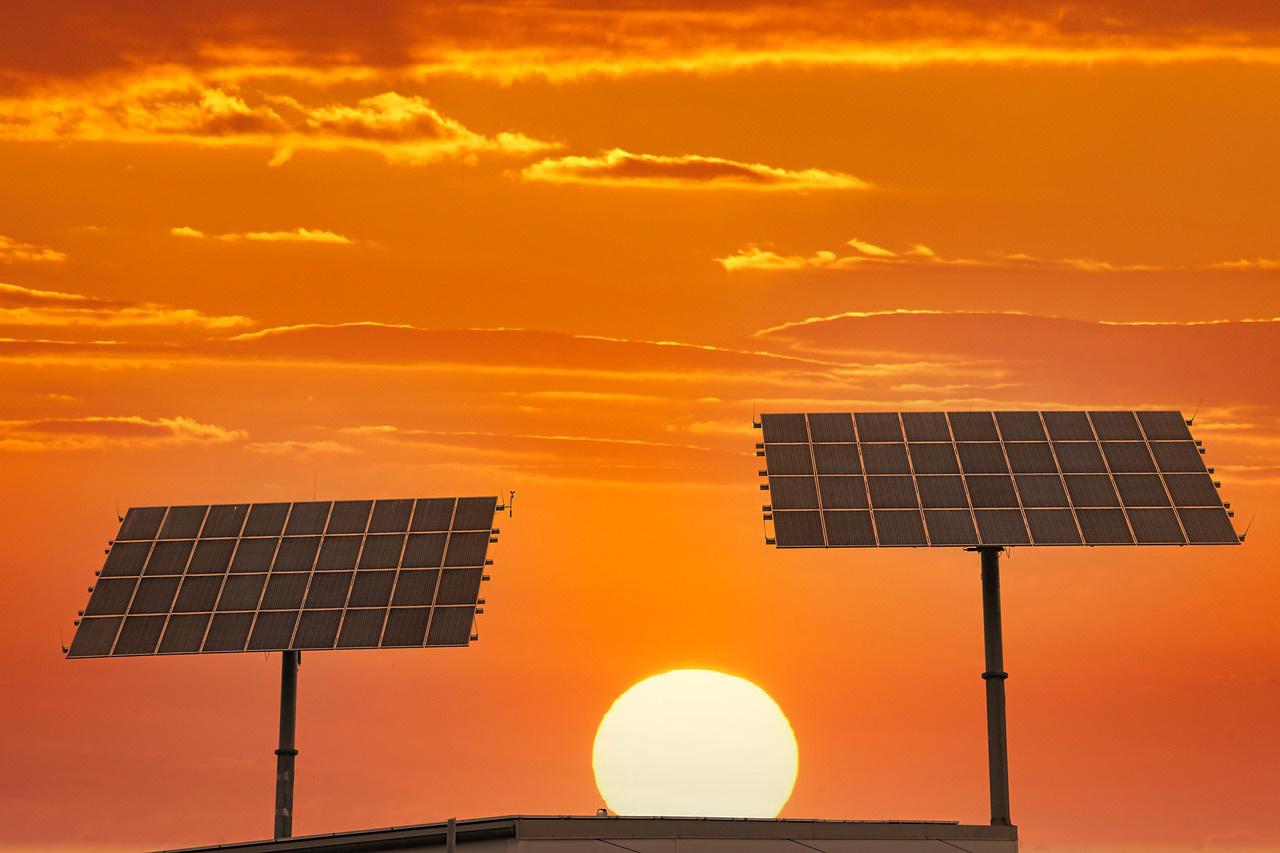
One of the UAE’s standout achievements is its balance between being a global energy producer and advancing its clean energy ambitions. Historically, the UAE has been synonymous with oil and gas sectors that fueled the nation’s economic rise. However, the Dubai Supreme Council of Energy is actively working to reduce dependency on fossil fuel use by over 30% by 2030 while increasing renewables to a quarter of the total energy mix and reducing energy consumption by 30% by 2030 compared to business as usual.
Dubai is home to the region’s largest concentrated solar power (CSP) project, a 900-megawatt facility with energy storage capabilities. “No other country in the region has implemented CSP technology at this scale,” Rashid notes proudly. The project serves as a model for how the emirate is leveraging innovative technologies to meet its energy transition goals.
Still, there are challenges. Rashid acknowledges that decarbonizing heavy industries and heavy transport, managing EV battery disposal, and rapidly advancing energy storage are areas where breakthroughs are needed. “Solar power requires significant land use and storage solutions for non-daylight hours,” he explains. However, Rashid remains optimistic about the future of hydrogen, which Dubai is exploring as a solution for energy generation, heavy industry, and transport.
The path forward
Dubai’s clean energy progress is not solely built on technology. Rashid emphasizes the importance of governance and collaboration. Committees within the Supreme Council of Energy work closely with various sectors to implement sustainable initiatives. The Dubai Green Fund plays a crucial role in financing decarbonization projects, particularly in the building sector, which remains one of the city’s largest energy consumers.
Rashid’s leadership in demand-side management has led to significant reductions in energy consumption across Dubai. His efforts in the DSM strategy and energy efficiency policy have helped create a framework for sustainable growth. “We’ve already seen a 15% reduction in electricity and a 12.4% reduction in water consumption,” he shares, a clear sign that Dubai’s path to sustainability is well underway.
In addition to his work at the Supreme Council of Energy, Rashid’s background in oil and gas, where he served for 16 years, informs his approach to managing the energy transition. “My experience in fossil fuels gave me insight into the complexities of energy systems. Now, we’re focusing on long-term community goals like reducing emissions and making cities greener,” he says.
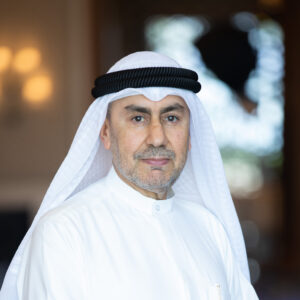
How does Dubai’s green transport strategy align with its broader energy goals?
Dubai’s Green Mobility Strategy is a key part of our vision for clean energy. We’re not just focusing on increasing electric and hybrid vehicle adoption but also on building the infrastructure to support them. By 2025, Dubai aims to have 1,000 charging stations and 2,500 charging points by 2030. In addition, 20% of our government fleet is already green. It’s about creating a sustainable transport ecosystem, with a goal of achieving a 10% share of green vehicles in the total vehicle fleet by 2030.
What role does the Advancing Net Zero Volunteering Team play in Dubai’s energy transition?
The team was established to accelerate the decarbonization of cities. We’ve engaged over 100 volunteers and have held workshops, signed MOUs with elite entities, and worked on sustainability projects with a focus on youth engagement. Our goal is to prepare the next generation of leaders in carbon neutrality, expanding our efforts through partnerships with the private sector.
What are Dubai’s next steps in achieving its net-zero goals?
We’re focusing on mature technologies like solar, electric vehicles, and energy storage in the short term, while exploring emerging solutions like hydrogen and carbon capture. Our aim is to shift from a linear to a circular economy, and we’re working on creating policies and projects that support that transition.
We’ve already started by decarbonizing buildings and promoting circularity in water and waste management.





